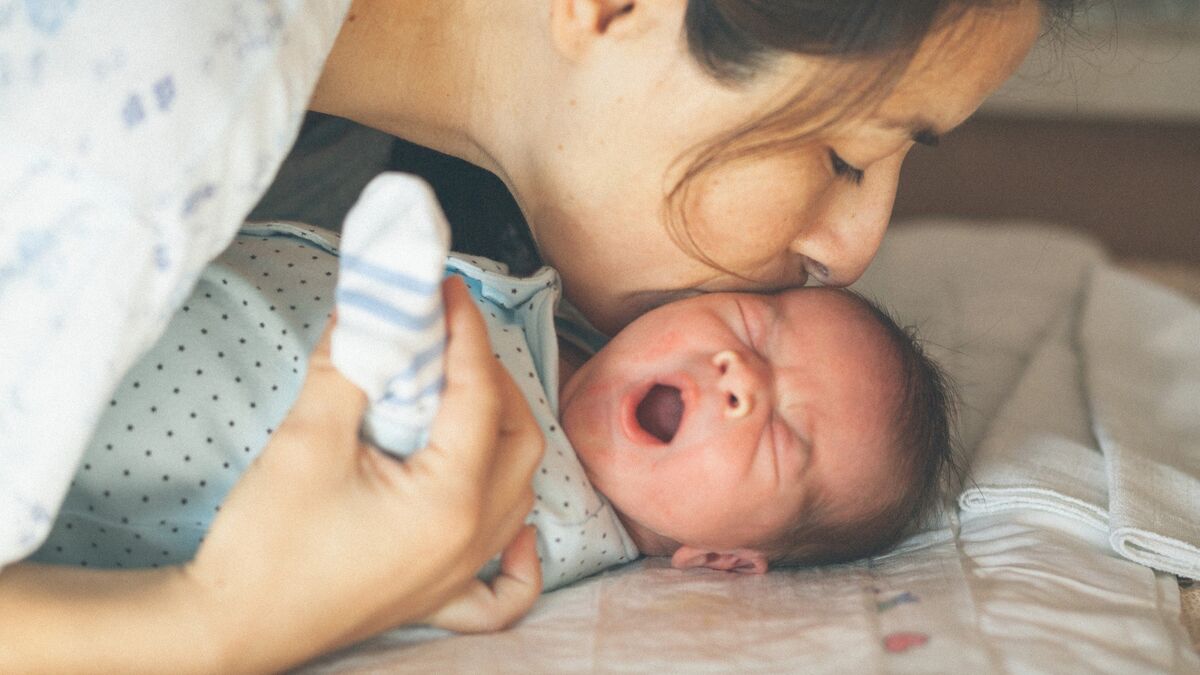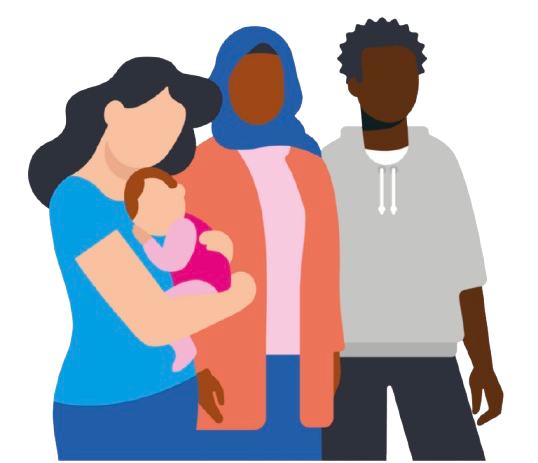Evaluation
Designing the NHS-embedded Generation Study

Evaluation

The Generation Study will collect evidence to help organisations including the UK National Screening Committee and NHS make decisions about whether genome sequencing should be offered to all newborn babies in England.
We have defined a number of key research questions that the study will investigate by using data from participants and their families, healthcare professionals, patient support groups and the public.
Most of the evidence will be gathered by external partners and will be independently analysed. We will also carry out our own research to help us learn from the experience of running the study and make improvements as it proceeds.
Research Questions
The research questions are linked to the study’s key aims and will be explored throughout the lifetime of the study.
You can view the full details of our research questions in our protocol.
The research questions are designed to:
Test how well genomic screening works and whether it has clinical utility
How successful is genomic newborn screening in making diagnoses of babies who can then benefit from treatment? How does this compare to the standard newborn screening currently available?
Our partners

The evaluation of the Generation Study requires the involvement of a range of experts. This includes people with expertise in newborn screening, health economics, implementation and behavioural science.
This work is being led by a multi-disciplinary academic research group across a range of UK academic institutions and the Third Sector. The group is led by Dr Celine Lewis and Dr Melissa Hill from University College London and will ensure the evidence is collected and analysed independently. Their work will include collecting a wide range of data from study participants and their families, healthcare professionals, patient support groups and the public.
This evaluation is divided into 7 separate studies covering the following areas:
Evaluation Area | Routes to gathering evidence |
Identification of the goals, challenges and early lessons from the implementation of the study | Evidence will be gathered using interviews and observation with healthcare professionals at the first hospitals to begin recruitment to the Generation Study. |
Examination of the impact of the study on parents and exploring their experiences and attitudes | Evidence will include using surveys and follow-up interviews with parents following receipt of study results. |
Gathering evidence on professional viewpoints about the Generation Study | Evidence will include surveys with staff delivering the Generation Study and with professionals from a range of other relevant backgrounds. |
Examination of the views of the rare disease community | Evidence will include using surveys and interviews with rare disease support groups to examine their attitudes towards the study. This will cover both any positive and negative impacts they report and whether the study has any unintended consequences. |
Gathering evidence on public attitudes towards the study | Evidence will include surveys to capture the views of a diverse group of parents who have not been involved in the study. This will evaluate their attitudes and their views on the acceptability of the approach. |
Investigation of the cost-effectiveness of the study | Evidence will include an assessment of the impact on healthcare resources and the costs, quality-of-life outcomes and non-health-related outcomes. |
Assessment of the clinical utility of the study | Evidence will include an assessment of clinical utility by comparing health outcomes in children who receive a diagnosis following whole genome sequencing, with population controls. Outcomes of children receiving a false-positive result will also be compared with population controls. |
Clinical utility will also be assessed through development of a validated measure to assess the utility of genome sequencing in newborns, ‘ The Clinician-reported Genetic testing Utility InDex (C-GUIDE)’.
We are collaborating with a team led by Dr Robin Hayeems based at The Hospital for Sick Children in Toronto to develop the C-GUIDE for use in the context of newborn genome sequencing.
Learning from our results

There is still much to be learned about the frequency, pathogenicity and penetrance of certain gene variants, when testing newborns who will largely not have a medical or family history of a rare condition. This is particularly important to explore in populations that have been under-represented in genomic research.
Our study provides an opportunity to understand more about how genetic variants cause health conditions. We will be closely monitoring and evaluating our results and the impacts on different populations throughout the study. This includes the impact of any false positives, false negatives and uncertain results.
We have taken a cautious approach to selecting the conditions, genes and variants that the study looks for, to minimise the potential for false positives. Any newborn who does have a suspected condition identified from our study will receive a follow-up test on the NHS to confirm that the condition is present.
We are also using a range of approaches to identify false negatives that arise in the study, including feedback from NHS clinicians and information from ongoing health data that is collected for study participants.
Our methodology

The Generation Study is a longitudinal study. Our sample size was calculated to enable us to assess clinical use and effectiveness of genomic newborn screening.
All the babies who are recruited to the study will receive genome-led newborn screening in addition to standard care.
The methodology used in analysing the data was developed under the guidance of our Evaluation Working Group, and further details can be found in our protocol.
Publicly available reports
Generation Study Process and Impact Evaluation – Interim report executive summary
The next version of this report is due for publication in December 2025. This report will include preliminary analysis for study 6 (health economic evaluation) and study 7 (clinical utility assessment)